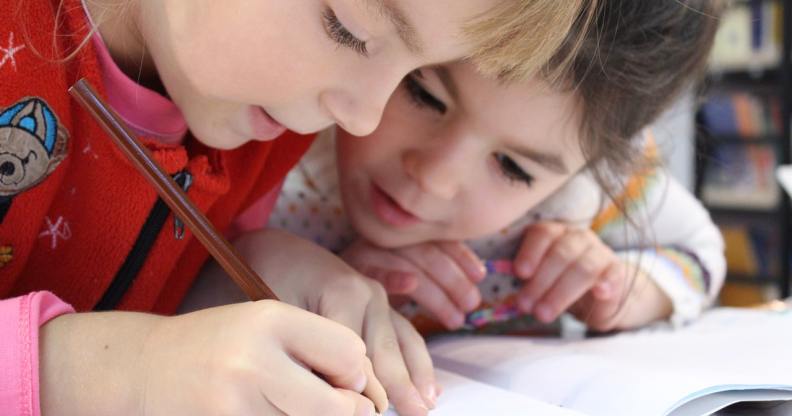Parents worried about effects of gender stereotyping in advertising

Parents are worried that gender stereotyping harms children (Pexels)
Many parents are concerned that product marketing reinforces harmful gender stereotypes for children, according to a new survey.
The survey was conducted by gender equality charity The Fawcett Society. 60 percent of parents who were polled said that product marketing “reinforces gender stereotypes about what girls and boys can do.”
It also found that there was significant concern about the antiquated idea that “pink is for girls, blue is for boys,” a concept that continues to be perpetuated by manufacturers and retailers.
Easier for girls to be ‘tomboys’ than for boys to be ‘feminine’
Furthermore, 59 percent of those polled said it is more acceptable for a girl to be a “tomboy” than it is for a boy to be “feminine.” 69 percent of men under 35 said that gender stereotyping was damaging to notions of what it means to be a man or a woman.
Just 11 percent of those polled felt that product marketing did not reinforce gender stereotypes.
The research is published as Fawcett launches an expert Commission on Gender Stereotypes in Early Childhood to examine how to bring about an end to gender stereotyping for children.
“Evidence shows that there is no such thing as a female or male brain but retailers persist in creating and perpetuating gender differences just to sell products.”
– Sam Smethers, chief executive of the Fawcett Society
The commission—which will run until 2020—will gather evidence and find practical solutions to examine how gender stereotypes interact with race and class.
The charity has launched the commission as they say research suggests that—by the age of seven—boys and girls have already learned negative ideas through gender stereotyping.
Co-chair of the commission Professor Becky Francis said messages children pick up from an early age influence their futures.

Pexels
Gender stereotyping limits children’s choices
“As my own research has shown, the marketing of toys has a significant role in reinforcing traditional gender stereotypes about what is ‘appropriate’ for girls and for boys, which will feed into children’s later choices about which subjects to study at school and which career paths to consider.
“We need to open up those choices for our children rather than narrowing them down.”
Meanwhile, Sam Smethers, chief executive of Fawcett, said gender stereoytpes “are at the root of the persistent inequalities we see throughout our society.”
“They are damaging for girls and boys, harming their self-esteem, segregating their career and life choices, conditioning their expectations. Evidence shows that there is no such thing as a female or male brain but retailers persist in creating and perpetuating gender differences just to sell products.”

